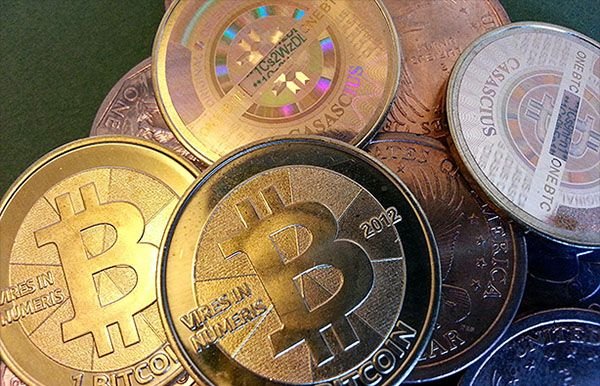With a value of more than 1 billion dollars in circulation, bitcoin coins are the focus of the rest of world currencies. Will it be the beginning of an economic revolution?

Have you ever heard of Bitcoin? Probably yes, since in recent months, this Internet virtual currency has proved to be an economic revolution, making banks and governments see that users can carry out transactions without the need for third parties. We tell you what lies behind the virtual P2P Internet money, a somewhat obscure concept, but no less interesting and promising.

Currency that is born as a software experiment
When we talk about bitcoins, we are not referring to a single thing. In fact, we are talking about a protocol for sending and receiving open source messages, in addition to a P2P network, and the actual virtual currency units themselves. The concept was created in 2008 by Satoshi Nakamoto, and exposed in an article in which he explained in detail the operation of it. It is based on the idea that there is no need for a central body or an intermediary to mediate economic transactions between two persons if the user network itself is responsible for ensuring that such transactions are truthful.
To begin with, we have to clarify that Satoshi Nakamoto is not really a person - or maybe yes - nobody is clear. Everything indicates that it is a pseudonym used by, probably, a group in charge of the development of Bitcoin, reason why we would not be speaking of a single individual. This supposed group has preferred to remain in the shade, and although Satoshi's interventions have been found in forums and specialized lists, no one has personally seen or talked to him. No wonder, if you were responsible for an economic system capable of ending the world banking, you would probably also care to remain anonymous for what could happen to you.

Virtual currencies, but unique
Bitcoins work as virtual money. This means that they have no associated physical material good with which they correspond (as was formerly the case with gold and dollars). But then how do we know that a person who sends us money can not send the same money to other people? Put another way: if there is no physical currency what prevents us from digitally replicating the virtual currencies? This is one of the bases of the bitcoins: they eliminate the so-called "double charge" thanks to encryption keys, and to the validation by the network of users that the coins have been used only once
In short, I have presented an economic revolution that can change the way we pay and cover in the future. Although there is a lot of content to delve into, I hope this article will help you get a bit more on the internet currency scenario, and have an overview of the different actors involved, and the economic figures that Bitcoin moves at the level world. The future will tell if the decentralized, pseudo-anonymous and free P2P transaction system will fit into our society, where large banking groups exert strong pressure at all levels to maintain a more traditional economic structure that does not shake their foundations

Buen post, muy interesante.. Pues los que tengan dinero invertido en esta moneda, tienen que estar muy alerta a las variaciones del bitcoin...